Leena Chandavarkar
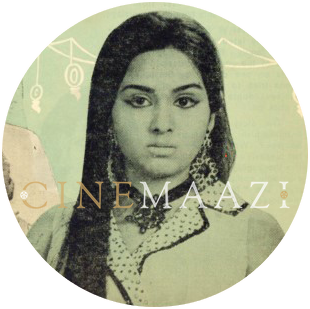
Subscribe to read full article
This section is for paid subscribers only. Our subscription is only $37/- for one full year.
You get unlimited access to all paid section and features on the website with this subscription.
Not ready for a full subscription?
You can access this article for $2 , and have it saved to your account for one year.
- Born: 29 August 1950 (Dharwar/ Karwar)
- Primary Cinema: Hindi
- Parents: Sreenath Chandavarkar
- Spouse: Siddharth Bandodkar; Kishore Kumar
- Children: Sumeet Kumar
The cherubic-faced and doll-like beauty Leena Chandavarkar, with more than 30 films to her credit, is known for her perky performances in a string of landmark films such as Man Ka Meet (1969), Humjoli (1970), Main Sundar Hoon (1971), Anhonee (1973), Manchali (1973), Bidaai (1974), and Qaid (1975). Other prominent films she is known for include Jawab (1970), Rakhwala (1971), and Zalim (1980). Active on the big screen during the late 1960s and early 1970s, she was paired opposite the leading heroes of the time including Rajesh Khanna, Dharmendra, Jeetendra, Sanjeev Kumar, Vinod Khanna, Dilip Kumar, Sunil Dutt and Raaj Kumar. Some of the popular songs picturised on her include Dhal gaya din, ho gayee shyaam, Aaj main jawan ho gayee hoon, Jane kyon log mohabbat kiya, Mere dil ne jo maanga mil gaya, O buddhu pad gaya palle, Gham ka fasana ban gaya sachha, Dekho dekho ji, Yahan kaun hai asli, and Sare shehar mein. Her innocence had its roots in her small-town upbringing, compounded by the fact that she was but a teenager when she stepped into the film industry. Synonymous with her girlish giggles—both on and off screen—if she never quite made it to the status of a ‘thinking actress’, her quality of ‘emotional directness’, as author Dinesh Raheja put it, helped her connect instantly with audiences. Petite and conservative, she refused to don a bikini onscreen or for off-screen photo shoots, even if it could have helped her compete with bolder actresses of the day. She was married to singer-actor Kishore Kumar.
Born on 29 August 1950 in the Dharwar/ Karwar region in the state of Karnataka (formerly known as Mysore), she hailed from the Marathi-speaking Chandavarkar family. A former student of Bassel Mission High School, she was impressed by Meena Kumari’s film performances, and dreamt early of being a part of cinema. She secretly applied for the Filmfare talent hunt in Bombay, and was selected. Against the wishes of her parents but supported by her great grandfather, she arrived in the city to chase her dream. However, she found out that while she was considered photogenic and talented enough, she was found too young to essay the heroine. The runner-up with winners Rajesh Khanna and Farida Jalal, she refused to play 'sister' and other character roles, and instead took on print advertisements. She came to the notice of actor-filmmaker Sunil Dutt, who was then producing a film to launch his brother, Som Dutt. She was offered the female lead role in his home production Man Ka Meet (1969); incidentally, Vinod Khanna also debuted in this film, as villain.
Groomed by Dutt’s wife, the legendary Nargis, she learnt essential skills such as spoken Hindi, western dancing and driving. The film saw her play an audacious girl who hires a village boy to pose as her husband. She also performed some brave stunts in the film, including running on the top of a moving train, with a 100-foot drop on one side. While she found favour in her moderately successful debut film itself, she established herself more firmly with the romantic comedy Humjoli, in which she was paired opposite Jeetendra. Their energetic dancing to the song Dhal gaya din especially as well as Haaye re haaye was widely appreciated.
Counted among the A-list heroines of her time, she bagged films opposite the top leading men. The 1971 film Mehboob Ki Mehndi saw her paired with Rajesh Khanna, in a film based on Muslim tahzeeb (culture) of the bygone Nawab era. It told the story of a young rich Muslim man Yusuf who agrees to marry a prostitute's daughter. The film portrayed the importance of education among Muslims, showing how Shabana, the heroine, is able to save herself, and her family, only by educating herself and working as a tutor.
She starred opposite the much-older Shammi Kapoor in the Shakti Samanta-directed Jaane-Anjaane (1971), as well as in the romance comedy Preetam (1971) directed by Bhappi Sonie. The same year she also starred opposite Dharmendra in the action-thriller Rakhwala (1971). Main Sunder Hoon (1971) won her acclaim for her performance as the sympathetic pretty Radha, who is the subject of fascination of an ordinary-looking waiter turned successful comedian named Sundar, played by Mehmood. While he lacks the courage to open up to her about his feelings, when he finally does manage to confess his love for her, he discovers that she in love with someone else.
It was with Sanjeev Kumar that she is considered to have paired best onscreen, as seen in their films such as Anhonee (1973) and Manchali (1973). The films also showcased her comic flair and damsel in distress act.
She went against type, playing the possessive wife of Jeetendra in Bidaai (1974), who tries to break her husband’s strong bond with his mother. Though she was reportedly advised by some to decline this role with its shades of grey, she nevertheless went ahead, and the film won her considerable appreciation.
At the top of her career, she gave it all up for domestic bliss, marrying Siddharth Bandodkar, the son of Dayanand Bandodkar, the first chief minister of Goa, in a grand wedding on 8 December 1975, in Panaji. However, tragedy struck within 11 days, when on the night of 18 December 1975, her husband accidentally shot himself with a revolver. Eleven months later, he succumbed to his injury, leaving a shattered Leena widowed at 26.
Returning to Dharwad with her parents, she later returned to Bombay to complete her unfinished projects. She signed Kishore Kumar’s directorial Pyar Ajnabi Hai (1976), and his whacky sense of humour, and kindness and consideration distracted her from her grief. When he proposed marriage, after much deliberation, she consented to marry him. They reportedly wed in 1980. After seven-and-a-half-years of marriage, Kumar passed away following a heart attack in 1987. Their son Sumeet was just five at the time. At 36, her life was derailed once again.
Concentrating on domesticity and the rearing of her son, she also penned the lyrics for her step-son Amit Kumar’s music album. She also made TV appearances on Sony's 'K For Kishore' during 2007, as well as on reality shows.
Leena Chandavarkar has been dealt a series of hard blows, which ironically had struck at various times during the festival of Diwali. Her mother had died of pulmonary embolism during Diwali, and her brother Anil Chandavarkar had committed suicide in the same period. She also lost her husbands, Siddarth and Kishore Kumar, during Diwali. She has battled sadness and depression and tried to look at the brighter side. She has tried to follow what her husband, the late Kishore Kumar said, ‘Tum tourist ho, zyada expect mat karo (you’re a tourist, don’t expect too much from life)’. Admitting that her life has been like a movie with its twists and turns, she reveals that meditation has kept her going.
References
https://www.rediff.com/movies/2003/jul/24dinesh.htm
https://www.filmfare.com/filmfare-flashback/leena-chandavarkar-gets-candid-about-life-love-and-marriage-27959.html
https://www.imdb.com/name/nm0151293/
-
Filmography (33)
SortRole
-
Chingari 1989
-
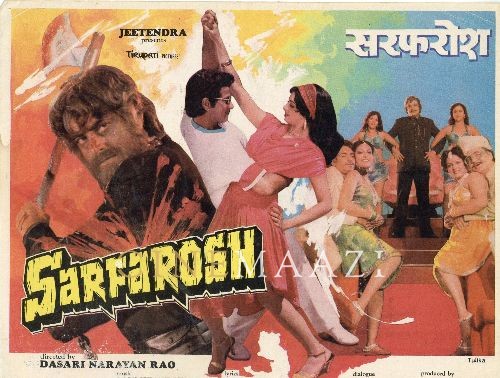
Sarfarosh 1985
-
Zaalim 1979
-
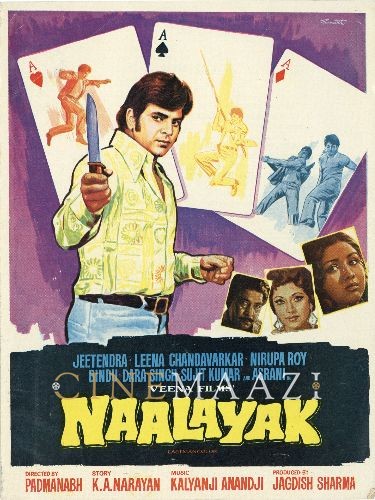
Naalayak 1978
-
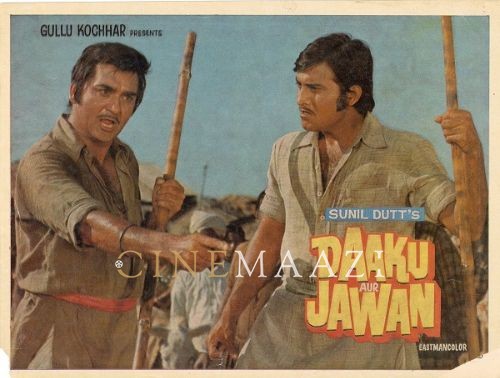
Daaku Aur Jawan 1978
-
Yaaron Ka Yaar 1977
-

Aakhri Goli 1977
-
Naami Chor 1977
-
Aafat 1977
-
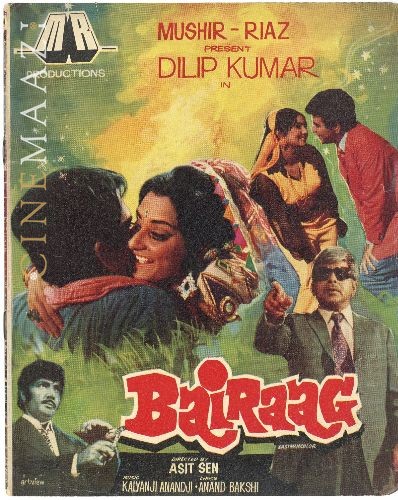
Bairaag 1976
-
Jaggu 1975
-
Apne Rang Hazaar 1975
-



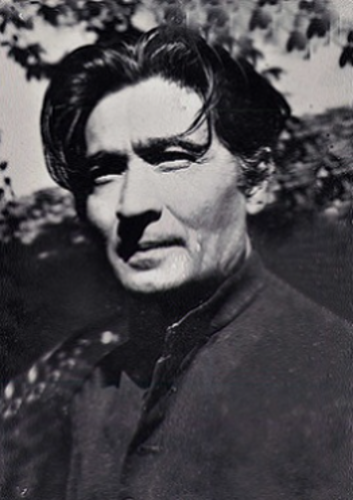
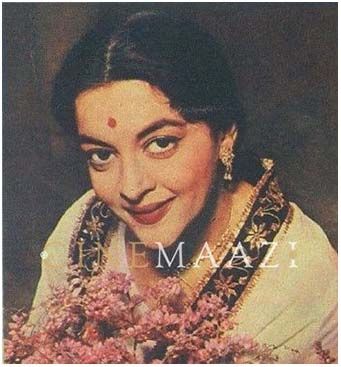
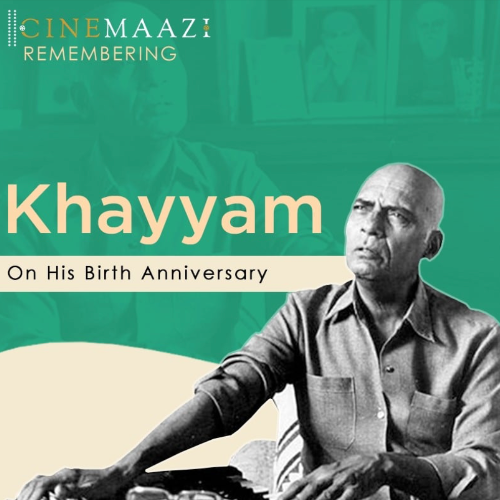



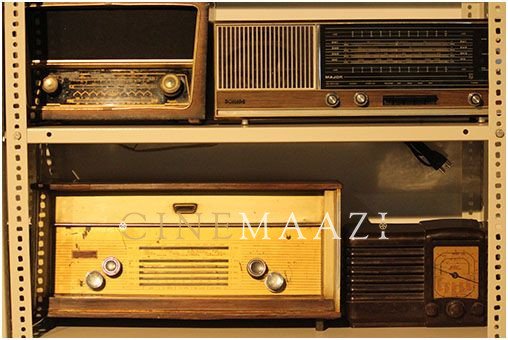
.jpg)



